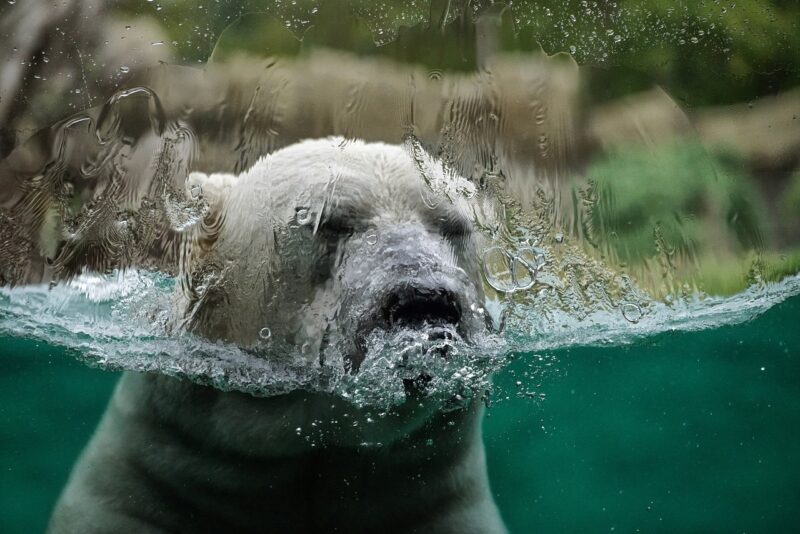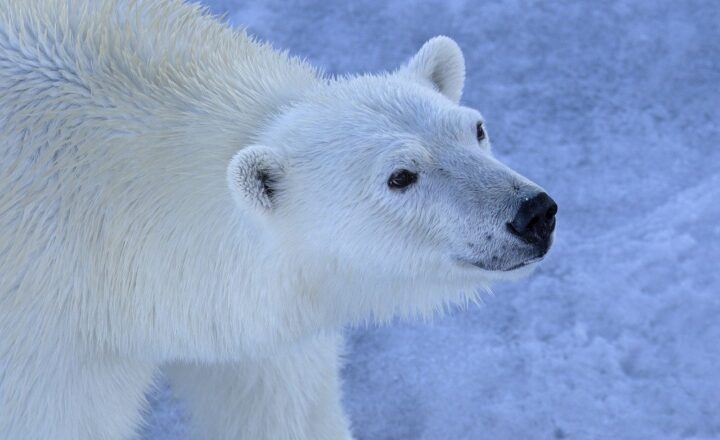Understanding the Basics of Climate Change and How It Impacts Us
November 13, 2024

Climate change has become one of the most pressing issues of our time, affecting not only the environment but every aspect of human life. From rising sea levels to increased frequency of extreme weather events, the implications of climate change are vast and multifaceted. In this article, we will explore the basics of climate change, its causes, effects, and what individuals can do to combat this global crisis.
1. What is Climate Change?
Climate change refers to significant changes in global temperatures and weather patterns over time. While natural occurrences of climate change have existed for millions of years, recent changes are largely attributed to human activities.
The Earth’s climate has changed throughout history due to factors such as:
- Volcanic eruptions: These can emit significant amounts of greenhouse gases into the atmosphere.
- Solar radiation: Variations in solar output can influence climate patterns.
- Natural greenhouse gas emissions: Methane and carbon dioxide are released from natural sources.
However, the rapid climate change we are experiencing today is primarily driven by human activities, particularly the combustion of fossil fuels (coal, oil, and natural gas), deforestation, and industrial processes.
2. Causes of Climate Change
The primary driver of current climate change is the increase in greenhouse gases in the Earth’s atmosphere. Here are the main contributors:
- Carbon Dioxide (CO2): Released from burning fossil fuels, deforestation, and land-use changes. CO2 levels have increased by more than 40% since the pre-industrial era.
- Methane (CH4): Emitted during the production of coal, oil, and natural gas, as well as during livestock and other agricultural practices.
- Nitrous Oxide (N2O): Produced by agricultural and industrial activities, as well as during the combustion of fossil fuels and solid waste.
These gases trap heat in the atmosphere, leading to the greenhouse effect, which is responsible for global warming.
3. Effects of Climate Change
The consequences of climate change are becoming increasingly apparent, affecting ecosystems, wildlife, and human populations. Some of the most significant effects include:
- Rising Temperatures: Global temperatures have risen dramatically, leading to heatwaves that threaten human health and agriculture.
- Melting Ice Caps: Polar ice caps and glaciers are melting at an alarming rate, contributing to rising sea levels.
- Extreme Weather Events: Increased frequency and severity of storms, droughts, floods, and wildfires disrupt communities and ecosystems.
- Ocean Acidification: Higher CO2 levels lead to more acidic oceans, affecting marine life and ecosystems.
- Loss of Biodiversity: Changing climates threaten wildlife habitats, causing species extinction and reducing biodiversity.
- Impacts on Agriculture: Altered weather patterns affect crop yields and food security.
These impacts are felt across the globe, highlighting the urgent need for collective action.
4. Climate Change and Human Health
Climate change poses significant threats to human health. Here are some of the health impacts associated with climate change:
- Heat-related Illnesses: As temperatures rise, there is an increased risk of heat exhaustion and heatstroke.
- Vector-borne Diseases: Changes in climate can expand the range of vectors, such as mosquitoes and ticks, leading to increased incidence of diseases like malaria and Lyme disease.
- Respiratory Issues: Air quality may decline due to increased allergens and pollutants, leading to respiratory diseases.
- Food and Water Security: Droughts, floods, and temperature changes can lead to food shortages and water contamination.
To address these health impacts, it’s essential to acknowledge the connection between climate change and public health.
5. What Can We Do to Combat Climate Change?
Combating climate change requires a collaborative effort from individuals, communities, businesses, and governments. Here are actionable steps we can all take:
- Reduce, Reuse, Recycle: Limit waste generation, recycle materials, and choose products with minimal packaging.
- Use Renewable Energy: Transition to solar, wind, and other renewable energy sources to decrease dependence on fossil fuels.
- Promote Sustainable Transportation: Opt for public transportation, biking, walking, or carpooling to reduce vehicular emissions.
- Support Sustainable Practices: Choose local and organic products, and encourage sustainable farming practices.
- Advocate for Policy Change: Support legislation aimed at addressing climate change, carbon pricing, and investments in sustainable infrastructure.
- Educate and Raise Awareness: Share knowledge about climate change and its effects to inspire others to take action.
By making conscious choices, we can collectively mitigate the impact of climate change and preserve the planet for future generations.
Conclusion
Climate change is a complex and urgent issue that requires immediate attention. Understanding its causes, effects, and the actions we can take is essential for protecting our environment, health, and future. The fight against climate change starts with each one of us—individually and collectively. Together, we can make a difference and build a sustainable future for all.







